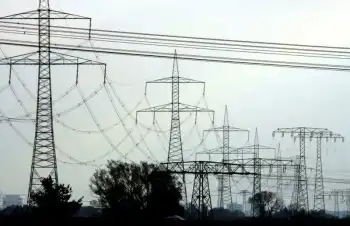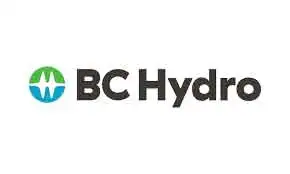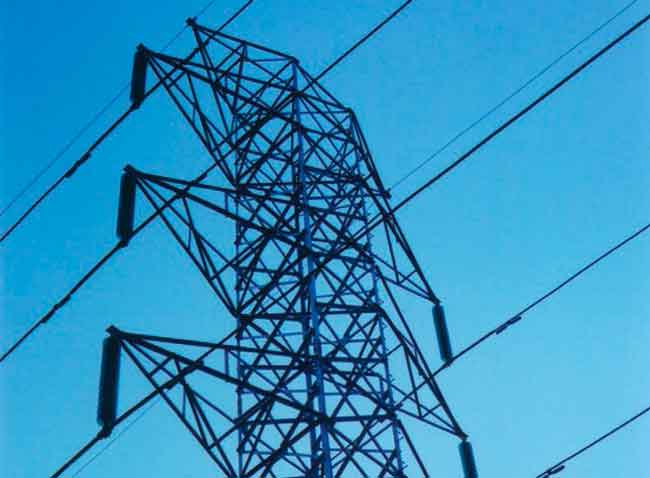Lab and 14 firms team up on lithium battery
By Reuters
Electrical Testing & Commissioning of Power Systems
Our customized live online or in‑person group training can be delivered to your staff at your location.

- Live Online
- 12 hours Instructor-led
- Group Training Available
The alliance, which includes battery industry giants such as 3M Co and Johnson Controls-Saft, intends to secure $1 billion to $2 billion in U.S. government funding over the next five years to build a manufacturing facility with an "open foundry" for the participants to pursue the goal of perfecting lithium-ion batteries for cars.
"It's a huge deal for the nation, and for the lab," said Mark Peters, who is in charge of transportation and battery research at Argonne National Laboratory near Chicago, which will advise the group.
China, Japan and South Korea are the current leaders in lithium battery research, he said in a telephone interview.
"A small, fragmented (U.S.) battery industry will not long survive in the face of determined Asian competition," Ralph Brodd, a consultant to battery manufacturers, said in a statement released by Argonne.
"(Other) countries understand that he who makes the batteries will one day make the cars," he said.
The best-selling hybrid vehicles such as Toyota Motor Corp's Prius use a nickel metal hydride battery. Lithium batteries are widely considered to be the next technological leap forward for electric-powered vehicles, as they can be recharged in a wall socket like a computer battery.
The National Alliance for Advanced Transportation Battery Cell Manufacture was modeled after SEMATECH, the successful public-private venture created in the late 1980s to restore U.S. prominence in computer semiconductor technology.
Besides Johnson Controls-Saft Advanced Power Solutions, a joint venture of Johnson Controls Inc and France's Saft Groupe SA, and 3M Co, the founding members of the battery alliance are ActaCell, All Cell Technologies, Altair Nanotechnologies Inc, Eagle Picher Industries Inc, EnerSys, Envia Systems, FMC Corp, MicroSun Technologies, Mobius Power, SiLyte, Superior Graphite, and Townsend Advanced Energy.
In addition to an advisory role for Argonne, U.S. truck and auto makers will be asked to join the alliance's advisory board, said James Greenberger, an attorney who was instrumental in assembling the group.











